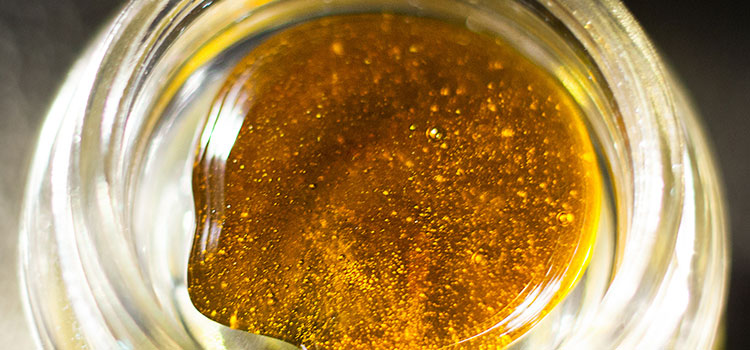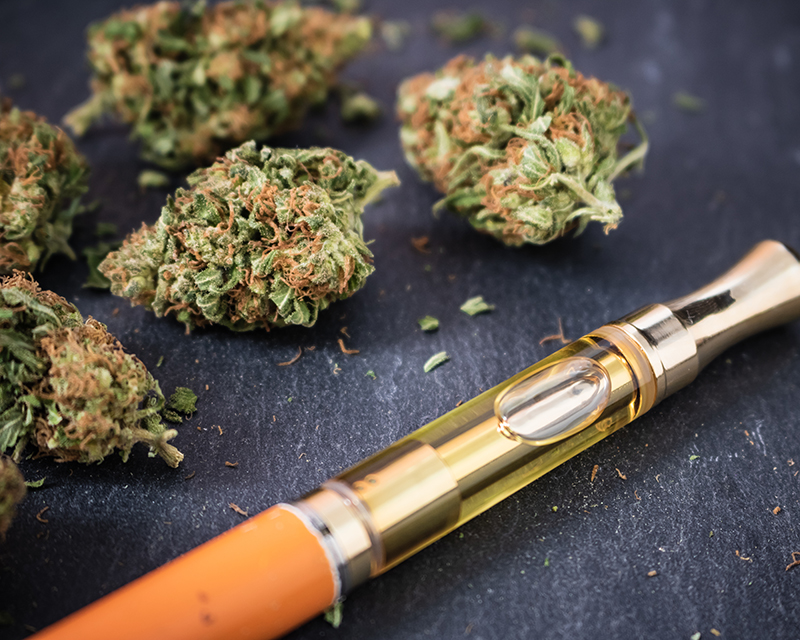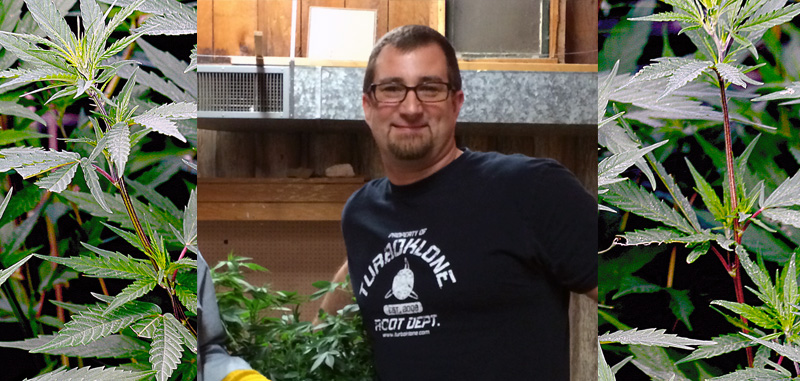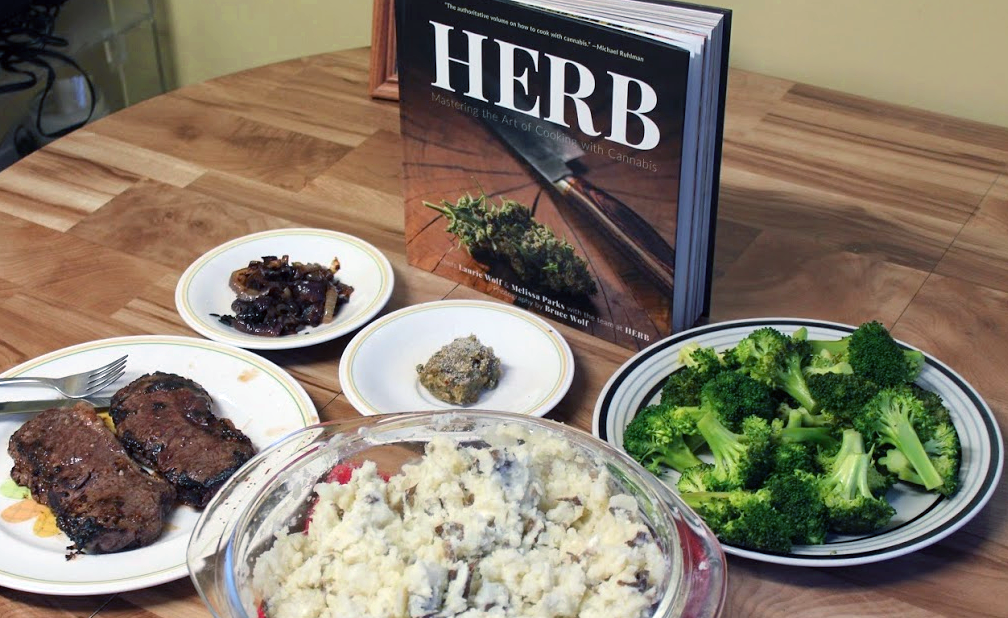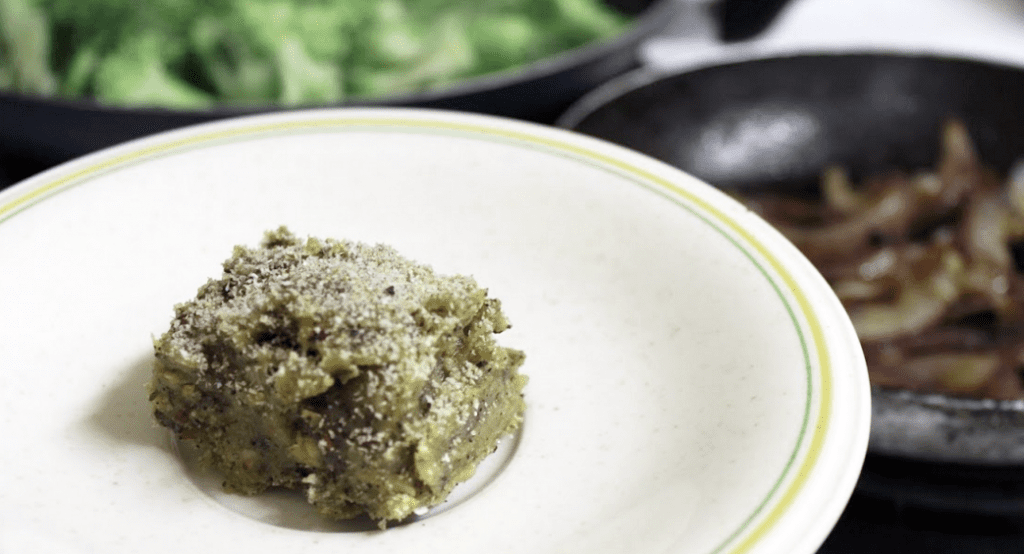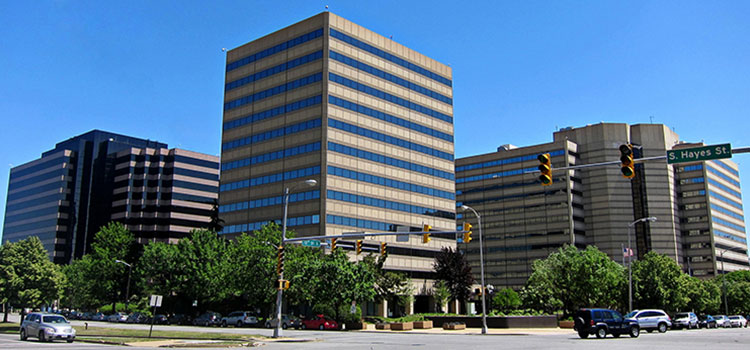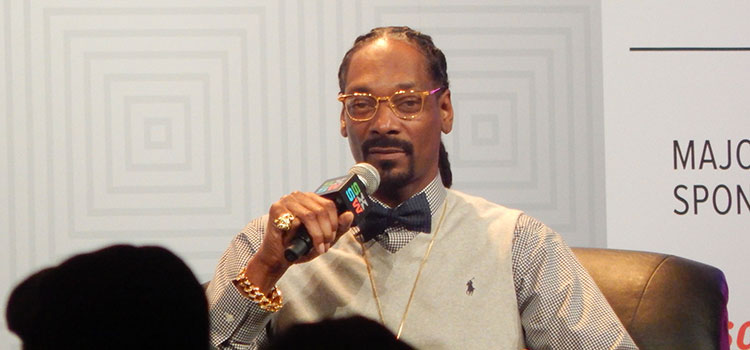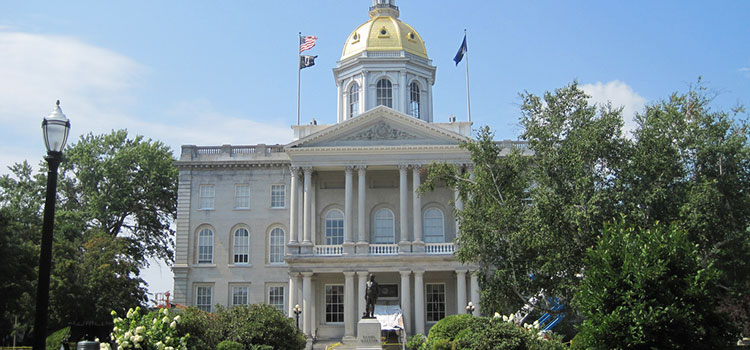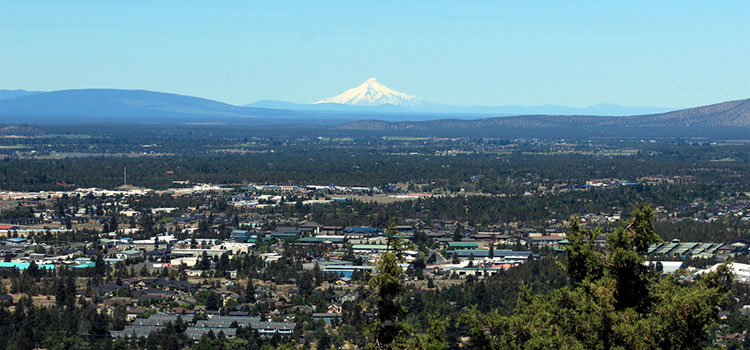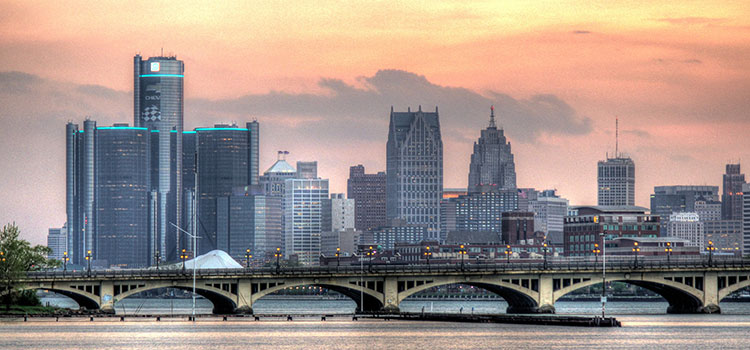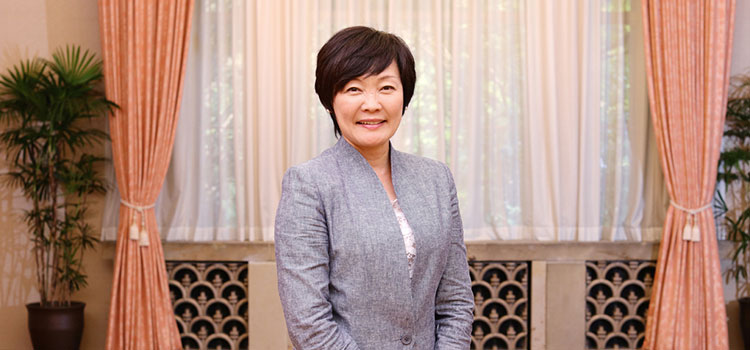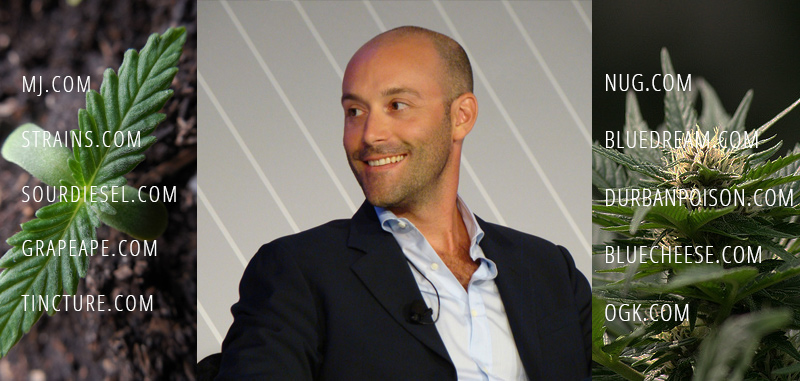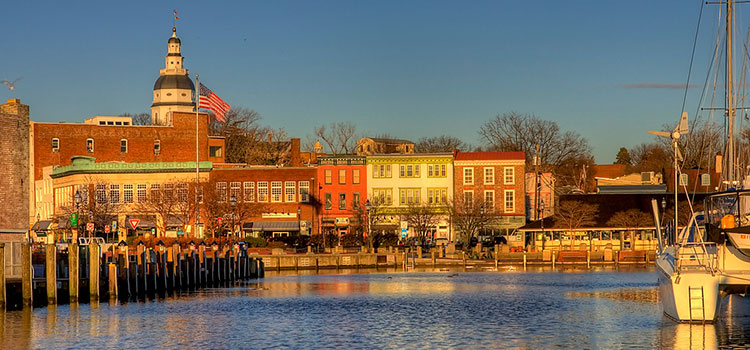As the tide of legalization rolls forward and retail markets are established and regulated by state governments, what will become of the cottage industry of medical producers and farmers’ markets that helped pave the way? This question is the focus of our latest podcast, in which our host Shango Los sits down with Chris Horyn of the Patient Cannabis Exchange, a cannabis producer’s market for medical patients in Tacoma, Washington.
Recently, Washington State has moved to close down its loosely-regulated medical market and make more retail licenses available for their recreational market in an attempt to consolidate the two. However, this sweeping approach will surely put many small producers and family-run operations out of business, or at the very least, force them back into the black market. In this episode, Shango and Chris discuss the many ways that micro-producers help the economy and why they should be valued rather than shunned by states that are planning to set up regulated markets.
Listen using the media player below, or scroll down for the full transcript!
Subscribe to the Ganjapreneur podcast on iTunes, Stitcher, SoundCloud or Google Play.
Listen via SoundCloud:
Read the full transcript:
Shango Los: Hi there, and welcome to the Ganjapreneur.com podcast. I’m your host Shango Los. The Ganjapreneur.com podcast gives us an opportunity to speak directly to entrepreneurs, cannabis growers, product developers, and cannabis medicine researchers, all focused on making the most of cannabis normalization. As your host, I do my best to bring you original cannabis industry ideas that will ignite your own entrepreneurial spark, and give you actionable information to improve your business strategy, and improve your health and the health of cannabis patients everywhere.
Today’s show is a little different. Today we’re going to talk about the importance of artisan micro-producers in the cannabis market. As Washington, Colorado, Oregon and California have all seen in varying degrees, one of the downsides of moving from a medical market to a regulated commercial market is an exclusion of small family growers and producers who have pioneered the industry. The exclusion of these growers is a huge missed opportunity for quality products and economic development.
Today, my guest is Chris Horn. Chris is founder of the Patient Cannabis Exchange, a cannabis producer’s market for medical patients in Tacoma, Washington. He’s also the founder of Dab Land, an exceptionally good e-nail producer. Welcome to the show, Chris.
Chris Horyn: Hey, Shango. Merry Christmas, brother.
Shango Los: Thanks for being on the show. Happy holidays to you too, man. Chris, I wanted to have you on the show because you have worked with more micro-producers than anyone I have met. Let’s start out by asking you to explain the business model for the Patient Cannabis Exchange itself, and then tell us a little bit about the demographic of who your vendors are.
Chris Horyn: Oh, fantastic. Shango, as you know, we have a farmer’s market. When you say farmer’s market, it’s very similar for those out there. Imagine you go to your local corner. You have producers of local fresh vegetables, artisan crafts, flowers, where we can all partake. It goes straight from the producer right to the end consumer. Now take that model and let’s apply it to cannabis. Instead of bringing turnips, spinach, carrots, we’re bringing concentrates, flower and edibles.
We’re able to take the medical model and, I think, strip it back to its bare root essentials. Sure, there’s some economics in it, but we’re able to pair a patient with legitimate medical needs, and I want to stress that. When we talk today, Shango, I’m going to reference the real patients, not those that maybe have their authorization and abuse the system, but those that really have medical need, both physical and psychological. We’re pairing them with the actual producer. We can have that dialogue, which is ultra-dynamic that makes, I think, the farmer’s market so electric.
It’s not just come in to a local store front, pick up your meds like you would at a pharmacist. You don’t have a dialogue, really, with your pharmacist. He’s going to read your labels, he’s going to hand you the meds, and he’s going to say “Next.”
With the farmer’s markets, we’re able to talk. You’re able to engage, instead of the pharmacist, the actual producer of the medicines you’re going to consume. You’ve been there. What did you think of that? Was it a little bit different dynamic for you?
Shango Los: Yeah. It’s really different, actually. You know, I was thinking about how dynamic that is when I go to my farmer’s market here on Vashon Island, and I get to talk about the heirloom carrots and their colors with the producer. We’re not just buying generic carrots. I’m buying carrots that they’ve cared for, that they’ve ordered heirloom seeds special for, and I can learn about them directly from the farmer. We actually share the joy of that carrot, or whatever.
Similarly, when I come to the PCE, I’m talking directly to the producers, and if it’s flowers, you can totally feel the pride that they have. They want to tell you about how they’re organic, and they want to talk about how long their bloom cycle is. If it’s concentrates, they want to talk about how clean their meds are. Everybody wants to show you their testing results. If it’s medibles, essentially you’re interacting with a bunch of bakers who also want to help patients. There’s a warmth to it that you don’t get when you just go to a commercial location.
Chris Horyn: Here’s the beauty, and it’s really hard to describe. When I first started the market, it was economics. I saw, okay, each table had a value. About 30 days in, that value … Granted, the market to be able to self sustain, but it was no longer about making the money. There is … That is part of what we do. There’s an exchange of currency. We’ll talk a little bit more about how that affects the individual vendor, but what it allowed us to do is to continue to build bonds and relationships.
My vendors weren’t vendors anymore. They were my friends. Saturday, we had 20 people over. They weren’t 20 family, they weren’t 20 people from high school or college. These were 20 people from my market that I wanted to share my holidays with. It kind of tells you the extent of community environment. What I said from day one is I want our Sunday events to be our playhouse. This is where we come to escape, where we walk in that door, nobody’s going to judge us for our color, our sexual orientation, our economic status, or most of all, our physical or mental disability or affliction. We walk in there, we’re amongst friends, nobody passes judgment. It’s just that energy of “You know what? Maybe today, I’ll have a little bit better of a day.”
Cannabis people want to broad stroke it as a cure all. It’s not, but it can help us improve quality of life and make some significant changes in our health.
Shango Los: You know, last legislative cycle here in Washington, when I was talking with our legislators, I invited them to go down to your market and find out what it’s really like, because they were all so hot to get rid of medical to protect the commercial market. I’m friends with I-502 commercial producers too, so I’m not hating on them, but I wanted the inclusion of these other producers. I said “Just come on down to the market and meet these folks.” Because they kept on talking about them as criminals. I’m like “These aren’t criminals. These are families. These are artisans. These are people who are passionate.”
Of course, I don’t know of any of them that actually ever came, but I don’t think people understand how family oriented, safe, and gentle the environment is there, because it’s truly made for patients.
Chris Horyn: We’ve been really lucky. When my wife and I spoke is when we started the market, and I want to give a huge shoutout to my wife. I love you, baby. Without you, it wouldn’t have happened. It takes a lot of balls to go out there and … Something that’s in a gray area, where there is no definable law that yes, this is legal, or no, this isn’t.
We pushed the envelope, we brought the market together, because here is what we found. The common misconception about all of us that grow flower or produce … We grow weed, so we’re rich. They saw an episode of Weeds. What they don’t understand is I’ve never worked harder than I have gardening. It’s some of the most enjoyable work I’ve ever done, but those plants are so reliant on their caretaker. To make the meds, the quality that we see on a day-in, day-out basis in the medical community, without the “state regulated testing,” is off the charts.
What you alluded to earlier, everybody wants to tell you about their product. There is so much pride, because they’re not doing it on a commercial scale. They’re doing it on an enough to provide for themselves and the surplus that they can pay forward. The amount of attention, it’s like if you dropped your kids off at day care, or do you stay home and both parents raise them on a daily basis? That’s kind of the analogy I use. The baby that stays home with the parents are going to get that much more attention. Not that the child with day care is not going to be good, but that TLC, and that energy … There’s so much more to it than putting the fertilizer in the ground and growing a big productive plant.
Shango Los: Chris, why don’t you give us a little bit … Not to use the names of your vendors, because I know you respect their privacy, but just give me maybe two or three examples of what a vendor is like at the market. Who brings products to the market?
Chris Horyn: I’ll give you a couple different examples. One’s going to be your classic 1960’s hippy. Her and her partner have been producing, I would say medicine. Granted, they’ve been growing weed, but they’ve been looking at it on a medical side way before the concept of medical had ever been coined. Ways to enlighten, ways to help the day-to-day grind, where it wasn’t just about getting high and listening to rock and roll. They were looking for ways, back in the ’60s and ’70s … How do we improve our quality of life?
That’s transcended 40 years forward, and those same ideas are being passed forward with the refinement of the new processing. Taking the concentrates and being able to make that much more in-tuned medicine to their patients, where they’re able to determine the milligram volume that the patient’s consuming, so they can get a consistent medicine.
Then, Shango, we have the patient. We deal … And I’m talking about legitimate patients. We have so many that are fixed income. Imagine trying to make your rent, make your food payments, and provide alternative med, anywhere from 900 to 1200 dollars a month. Absolutely amazing what people have to endure because you don’t have a prescription, you don’t have a $15 co-pay to go to a local pharmacy and just get your med.
The farmer’s market allows them to cut out the middle man and maximize their dollar on a fixed income. That’s who we really strive to address with our different vendor type.
Shango Los: It would seem that a lot of these patients who are producing their own meds, and they’ve gotten really good at it, that it makes a lot of sense to have them be a vendor because they’re educated, they’re passionate, and this extra money that they make from being a vendor at your market can be the difference of whether or not they make rent or not.
Chris Horyn: Make rent, and it’s kind of like that whole stripper thing. I’ve got vendors, and I’m one of them. I’m helping put my kids through college based off of what I do in cannabis. You laugh, but “Oh yeah, I strip for college.”
Well, I grow weed for my kid’s college.
Shango Los: If anything, this is probably a little more safe than that. Yeah, I think your point is well made. Even though it’s a taboo industry, and other people may have judgments, when it comes down to quality of life and making your basic bills so your family can subsist, sometimes doing what is taboo is the best thing that you can do for your family. Hey, we need to take a short break. We’ll be right back. You are listening to the Ganjapreneur.com podcast.
Welcome back. You are listening to the Ganjapreneur.com podcast. I am your host Shango Los. Our guest this week is Chris Horyn, founder of the Patient Cannabis Exchange and Dab Land.
Before the break, we were talking about subsistence level families growing cannabis and making concentrates and edibles, so that they can make the bare minimum that their family needs to survive. There are certainly lots of different flavors. We’ve got prohibition era growers who are trying to go legit. We’ve got patients who are home bound, who can finally use what they’ve learned to benefit other patients. Do you see that many of these micro-producers who come to these markets are at this subsistence level, or do you see that more of them are formulating business plans and jumping in to just crush the market and make all of the money?
Chris Horyn: Sadly, Shango, these are grass roots gardeners. They don’t have the economy of scale that some of your recreational producers have. Unfortunately, they don’t have the luxury of investing in the best equipment for the highest efficiency. They sacrifice a little bit of that to make the best med possible for their own consumption, and to give to those in their circle.
To say that anybody is getting rich, no, but you are able to subsidize income at the cost of a lot of time, and energy, love and passion. You do not do this to get rich. It is true. You’ve got to love it, especially in today’s environment.
Shango Los: We’ve talked with a lot of these independent producers when the commercial laws were getting passed. Of course, they all wanted to be included because it’s how they’ve been making their money, and they’re pioneers of the industry. But the state puts up all these bureaucratic hurdles that demand enormous cash, or they don’t reply because the people who are e-mailing them or calling them don’t really share the same education or cultural backgrounds as the people in enforcement.
I’m sure that you’ve had to offer a lot of emotional support to these producers as they realize that the new commercial market is not going to have a place for them, and their choice is either to shut down operations and give up the money that’s helping their family survive, or go back in the black market and be, potentially, a criminal again, which is a really bad decision to make.
Tell me a little bit about what it’s like for you, kind of as a mentor in the market, to give feedback to these people who are being pushed out and have to make this choice.
Chris Horyn: Well, from day one, we wanted to be a small business incubator where the opportunities that I had gotten in previous businesses, and also in the cannabis industry, were passed forward to other families, because it does have an economic impact. What we’ve had is, from day one, I’ve said “Hey, we know laws are changing. Change is coming. Is everybody prepared? What are you doing?”
Tried to get everybody to kind of do that “Hey, let’s all get the dialogue going.”
The dialogue didn’t get going. What we found is a lot of them that weren’t capitalized, because there is a cost of entry, and it’s prohibitive unless you’ve planned for it. What we found is they’re going through like “All right, what am I going to do? Well, I look at my checkbook. I can make my mortgage this month, but I can’t go ahead and invest the 50, 100, 150, 200 thousand to legally do what I’ve been doing for the last 15 years.”
There’s starting to become an apathetic mindset like “All right. I came from the black market. I’ll go back to the black market. Thank you 502, you just bumped my prices. I’ll make more money doing it illegally in the black. Not even in the gray, straight to the black market, like I was. Again, I’ll become a criminal, but I don’t care. This is what I know, this is what I do, and I need the money to sustain my family.”
Shango Los: It’s a shame, too, because so many of these folks were the pioneers. They put themselves on the line while it was a gray area, and now that we voted to make it legal, suddenly they’re being left behind, which is a real drag. I think it’s important to point out that this is not just about buying meds from these folks as charities. Some folks have the assumption that this is lower grade processing than commercial producers, and in some cases, you may run into, for example, edibles being made in a home kitchen. I agree that they should be done in licensed kitchens, or create a licensed kitchen on your property.
Some folks in the medical market, there tend to be more BHO in that market, because cO2 machines cost $200,000 to buy. Overall, the quality of the meds that are in the market are exceptionally high. As the guy who runs the market, what are your standards, and what do you see as far as skill sets and producing an end product, which is safe and quality for the patients?
Chris Horyn: Real quick, I’m going to backtrack on you, Shango. Just because somebody has a commercial kitchen, does not mean it’s a clean commercial kitchen. You and I grew up with our moms cooking in regular kitchens. We didn’t die. Yes, amazing meds are about to be produced in the average kitchen. These people are all required to have a food handler’s card. Again, the vendors that we choose to bring in our market were vetted. We’re very fortunate that we have people come to us on a weekly basis to try to get in. It’s not first come, first served. It’s who’s going to be the best fit for our market.
When we go through and vet them, we want, obviously, health food cards, because you’re processing food. There are guidelines. Concentrates that we bring in, we do have PPM requirements. I don’t care about PhD levels. What I do care about is if you’re claiming CBD, that it indeed has test results to back that up.
There is a lot of self-regulation. That was one of the big things, the house and senate said “Oh, they aren’t regulated. This wild wild west environment.”
Well, those of us that care, truly care about patients. Not the guy that’s “Hey, I got some butter, I’m going to make some cookies, I’m going to get five bucks a piece.”
No, that’s not the demographic we’re going after, or the vendor type. These are people that typically have their own afflictions, and because of their own pain are very empathetic to others and producing the best product.
Shango Los: I think what you’re illustrating there is the middle ground that is almost always missed by legislators, which is the patient medical market does have less professional players in it. That’s true. But if you just gave a gentle amount of regulation, you would be able to include all of these pioneering producers, instead of adding this huge amount of regulation that adds all of this cost, which then excludes all of them, and the only people that you can have involved are corporate interests.
I think that’s important because everybody is so afraid of cannabis that they’re over-regulating and excluding these folks.
Chris Horyn: Here’s the thing. There’s more of them than there are legal producers. There always will be. The sad thing is, that vast knowledge base, that experience base … You and I have seen it. How many 502ers have had the wallet, the financial backing. They go in “Bang! I’m going to be a 502 producer. I’m going to make the best meds, the best product. Bla bla bla.”
18 months later, they’re looking for another round of investment, because they haven’t found that lightning in a bottle that they just assumed was there, because they’re going to do weed. These producers, these processes … I’m sorry, I’m getting a little bit excited, because what’s not given enough credit is how much work these people do, the love, the attention to detail. Again, they’re empathetic because most of them are actually patients, not “Hey! I’m Johnny. I’m going to go to work today. I’m going to produce some meds.”
No. He’s going to produce another commodity just like a guy at Boeing stamping a regular part. There is a very distinct difference in quality.
Shango Los: I think that a lot of the medical growers are really proud of the quality of it, as well, just like an artisan wine producer. I have sat with many of my clients when they’ve been weighing their margins against the quality, and for a lot of them, it’s a toss up. Whereas whenever I’ve sat with my medical clients, it’s always about “Okay, well, I understand that this is going to cost a little bit of my margin, but it’s going to be an increase of safety and maybe product experience for the patient.”
And then they’re going turn that way. Obviously, we’re making vast generalizations, right? There’s a lot of people in the 502 market and in other states doing commercial who have got a lot of heart in their product. I’m not saying everybody. All I’m saying is that we should include these artisans, because losing their production memory and having it just drift away, is something that we’re really losing as a society.
Chris Horyn: Without question. You’re right. I know some fantastic people that are transitioning from medical and taking their same ideology to rec. Fantastic. They were lucky enough to have the resources to do it. Here’s a sad thing. The small vendors that we see today in the market that are so good, and they’ve come so far to come out of the shadows, into the open to where they can actually connect and help pass on that information, that knowledge, and that experience. They’re now going to be shoved back into the closet, and they’re a stepchild instead of the ancestral heroes that made it all possible.
That’s what this community is having a hard time with right now, Shango. We had an amazing market on Sunday. Talking to them, they don’t even care what we did, or what we’ve done for them, and they’re just going to make us go away. They feel so disenfranchised. It’s like “No, you don’t understand. We just want to keep helping people.”
These people aren’t rich. They aren’t driving Escalades and Mercedes. These are the entrepreneurial spirit of America. So they aren’t selling picks and shovels for the gold rush. They’re providing medicine in a pharmaceutical era that wants to shove poison down you before they want to actually diagnose and cure you.
Shango Los: Well said. We need to take a short break. We’ll be right back. You are listening to the Ganjapreneur.com podcast.
Welcome back. You are listening to the Ganjapreneur podcast. I am your host Shango Los. Our guest this week is Chris Horyn, founder of the Patient Cannabis Exchange and Dab Land. Before the break, we were talking about the importance of including heritage growers and producers in the commercial market. We were talking about, even though they only produce small artisan amounts, that they do it with such passion, and they do it for themselves economically, that these are not people we want to exclude and destroy the potential economic growth that we could get from keeping money coming into these families, instead of just one singular, large commercial company.
We were talking about how to actually involve them in the state market, Chris, and you’ve put together quite a few regulations, if you will, for your market, which actually get rid of a lot of the problems that we see at the state level. What would you recommend as a couple regulations that we could use at the state level which would open the door for local artisan producers?
Chris Horyn: What I would like to see is, if we’re going to be medical patients, we’re going to use cannabis as medicine, I want to see the relationship between your primary care physician that’s authorizing you to use cannabis … I want that relationship to determine what your limits are for how much you grow, how much you need for personal reserve, because they’re the only ones. HIPAA laws don’t allow the state to make that determination, because they don’t have the data, because we don’t disclose it. Really, common sense. Just like we would … How much oxy do you take? How much Ibuprofen do you need to take? How many antibiotics do you take? Let your doctor determine that. Don’t let the state, the Cannabis Control Board, do that. They aren’t medical professionals.
Shango Los: Well, that’s really great. That actually takes the state out of the equation totally. I was thinking about it as you were giving your answer. Even though you can do things like you recommended earlier in the show, like making sure edibles, people have food handling permits, and encourage organic growth, and testing, but also, being able to activate the patients so that their voice is heard at the state level, that is key. That’s something that we totally failed on in Washington.
Nobody was fighting for the patients and the heritage growers. It was all of the new money coming in to build commercial grows, and then a bunch of patients who were home and sick, or couldn’t get up early enough to get to the legislature, or when they got there, they look all bedraggled, because they may or may not have the income to have the kind of clothes that the other lobbyists would have, it’s really hard to activate patients and subsistence level artisans who, while they may make a fantastic product that it was well wanted on the market, they don’t look the role down at the state capitol.
Did you find anything there at the PCE that was successful in helping organize and motivate patients?
Chris Horyn: The passionate ones were there. Passionate ones did the right things. They contacted their legislators. They made the phone calls. They sent the e-mails. They went and they attended session. The problem is, there’s a lot of apathy in our community. I want to speak to those that are out there listening, and other communities that potentially might be going medical or legal. Make sure that you’re fighting forces about the patients, that you look at the mistakes that other states have made, and then apply them to yourself. At least now you have information. We didn’t have that going forward.
Today … Now, Shango, what do we do? Here we are. We have to make a correction in Washington state, because medical has essentially been eliminated. What I want to do is I want them to reach out, start a dialogue. Not just on cannabis, but start a dialogue with your local legislators and senators. They are going to listen to people that they recognize. It doesn’t matter what you wear. If you treat them with respect, you communicate with them, build that dialogue, humanize who you are, more so than we have in the past, that’s how we start to change laws. Educate your children. Letting them know, the next generation is going to be the medicine. Break the stereotypes of Cheech and Chong. Let’s rock and roll, baby. Let’s make this medicine.
Shango Los: That’s a really good point. Interacting with your legislators early is a way for them to become familiar with you ahead of time. Those of you who are in states that are approaching normalization, you’ve really got to get an early start. Grass roots takes more time than just AstroTurfing, and throwing money, and having a lobbyist make your rule. If you want to have a seat at the table, you have to get activated early.
Chris, that’s about all we have time for today. Thank you so much for being on this show and sharing your stories of important micro-producers and why they are valuable for the economy.
Chris Horyn: Well, Shango, thank you for everything. People, get out there. Try something new. Get outside the box. We only live once. Just because your doctor has a degree does not make him a healthcare professional.
Shango Los: Tell your legislators about economic revitalization of the rural areas, and not just about patients right.
Chris Horyn: Amen.
Shango Los: Make sure you give them both a heart and an economic reason to include you in commercial cannabis. You can find out more about Chris Horyn and the Patient Cannabis Exchange on Facebook at Facebook/PCE420. You can also check out his exceptionally well made and colorful e-mails, including their Star Wars line, at www.Dab.Land.
You can find more episodes of the Ganjapreneur podcast in the podcast section at Ganjapreneur.com. You can also find us on the Cannabis Radio website and in the Apple iTunes store. On the Ganjapreneur.com website, you will find the latest cannabis news, product reviews, and cannabis jobs, updated daily, along with transcriptions of this podcast. You can also download the Ganjapreneur.com app in iTunes and Google Play. You can now find this show on the iHeartRadio network app, bringing Ganjapreneur to sixty million mobile devices. Do you have a company that wants to reach our national audience of cannabis enthusiasts? E-mail grow@ganjapreneur.com to find out how. Thanks, as always, to Brasco for producing our show. I’m your host, Shango Los.



